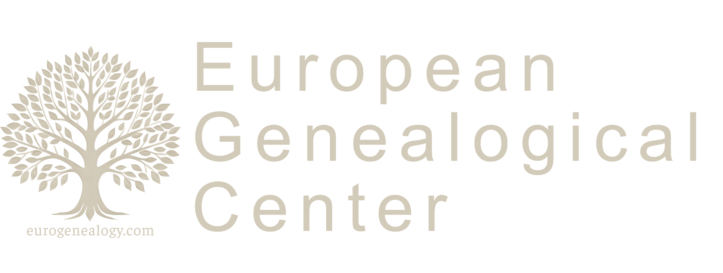Hungarian genealogy services: finding ancestors & family history
Discover your ancestry dating back to the 16th century
Archival search and family tree research in Hungary
Genealogical research in Hungary offers a compelling and rewarding path into the historical fabric of Central Europe, allowing families to rediscover their roots and explore the richly diverse cultural layers that have shaped Hungarian identity over centuries. Hungary’s long-standing role within the Austro-Hungarian Empire, as well as its connections with the Habsburgs, the Ottoman period, and neighboring Slavic and Germanic peoples, has produced a uniquely intricate archival legacy. As a result, genealogical investigations in Hungary often reveal surprising details about multilingual heritage, religious coexistence, social mobility, and migrations across Central and Eastern Europe. At the European Genealogical Center, we assist clients in tracing Hungarian ancestry through thorough analysis of historical documents, family reconstructions, and the creation of custom genealogical materials. Hungary’s archival collections span from the 16th century onward, making it possible to trace multiple generations and place ancestors within their historical and geographic context.
Many clients turn to us in search of family origins in Hungary, often to understand ancestral ties across regions such as Transdanubia, the Northern Great Plain, or historic Upper Hungary (now part of Slovakia). We carry out thorough research in state and county archives, ecclesiastical repositories, local municipal registries, and Jewish community collections. Our team locates parish registers, civil records, land and tax documents, and nobility confirmations where applicable. Certified extracts and high-quality transcriptions are carefully prepared for official, academic, or family purposes. We also assist with historical interpretation, helping families understand the impact of border changes, imperial reforms, and ethnic diversity in regions like Transylvania, where Hungarian-speaking communities lived alongside Romanians, Saxons, and Szeklers. Our work often includes translating, analyzing, and contextualizing records written in Hungarian, Latin, German, Slovak, and Hebrew.
Sources of genealogical research in Hungary
One of the foundational sources for genealogical research in Hungary is the parish register, or anyakönyv, in which baptisms, marriages, and burials were meticulously recorded by Catholic, Calvinist, Lutheran, and Greek Catholic parishes. Jewish communities also maintained detailed registers, particularly in the 19th century, often using Hebrew and German, providing an additional layer of genealogical insight. These records date back to the early 18th century and are among the most consistent and detailed genealogical resources in Central Europe, reflecting both social and religious structures of the time. During the late 18th century, under the reign of Maria Theresa and Joseph II, additional reforms introduced civil oversight of religious registers and created valuable land tax records — known as the Urbarium Tables (Úrbéri tabellák) — which meticulously document land ownership, peasant obligations, economic life, and village administration at the local level. These materials allow us to link families to specific locations, properties, occupations, and social hierarchies, offering rich insight into both lineage, everyday life, and historical context, helping reconstruct complex family networks and understand their broader societal roles over time.


Beyond the vital records and taxation lists, our team thoroughly explores a broad range of supplementary materials to reconstruct detailed personal and family histories. These include cadastral maps and land registers, noble lineage confirmations, military conscription rolls, educational records, emigration files, professional guild lists, and court documents that shed light on social and economic status. Property plans and estate records, especially in rural areas, can reveal a great deal about ancestors' living conditions, household composition, and position within local communities. School and university records, which became more widespread in the 19th and early 20th centuries, provide valuable clues about literacy, language proficiency, and professional aspirations of individual family members. Town-level censuses, particularly those from 1869 and later, offer rare and indispensable insights into household structure, demographic changes, patterns of migration, and mobility across regions, helping us create a comprehensive and accurate understanding of the family’s historical and social environment over generations.
Neighboring countries where we conduct research
Examples of our research
Below you can review examples of research reports received by our customers:
Prices for genealogical services in Hungary
You can find a detailed price list and description of all services of European Genealogical Center here
Prices for genealogical services in Hungary
Genealogical research
From €1500
Tracing family history back to the 17th century
Biographical search
From €500 to €2000
Establishing the life story of an individual and their close relatives
Nationality confirmation
From €400 to €1500
Identifying details about a person’s ethnic origin
Document search
From €100 to €1000
Obtaining certificates, parish registers, and civil registry records
Family history book
From €2500
Creating a unique publication describing the genus history
Family history website
From €2000
Development of a personal website dedicated to your family’s history
Submit a request, and we will contact you shortly
You can also reach us directly by sending an email to: european.genealogical.center@gmail.com or writing to us in Telegram

european.genealogical.center@gmail.com
© 2026
All rights reserved
All rights reserved
Contact us:

